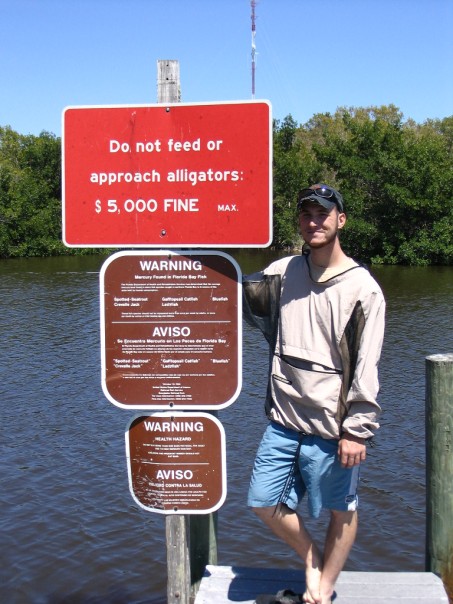
MADISON, Conn. (AP) — Something is killing New England's salt marshes, and scientists are trying to figure out how large the problem is, and how to stop it. Parts of the marshes, normally teeming with cord grass, fish and birds have turned mud brown and bare of life except for fiddler crabs.
"No one recalls seeing anything like this," Ron Rozsa, coastal ecologist with Connecticut's Department of Environmental Protection, told the Day of New London as he surveyed a section of the Oyster River salt marsh in Old Saybrook. "We're talking about a crime scene investigation some forensic ecology, if you will."
Scientists are calling the mysterious phenomenon sudden wetlands dieback.
The marshes make up abut 10,000 acres along Connecticut's Long Island Sound coast.
They are considered the foundation of the marine food chain and buffer the shoreline against flooding and storms. A dieback has also been seen in brackish marshes, which have lower salinity and cover about 3,000 acres in the state.
But the problem is not limited to Connecticut. Dieback has been reported in all five of the coastal New England states and is most evident in the marshes of Cape Cod.
Dieback sites have also been documented on Long Island, Virginia, Georgia, South Carolina, Texas and Louisiana where scientists call it brown marsh. It appears to have begun about seven years ago, occurring in isolated but, in some cases, relatively large patches, biologists say.
The dieback is causing erosion problems along the shore.
On healthy salt marshes, the smooth cord grass grows in a belt right up to water's edge, securing the marsh.
The death of the grasses effectively means that section of marsh ceases to exist as a productive habitat.
In a dieback site, irregular margins of gray-brown marsh soils are exposed, cut away by tides and waves that wash in during storms, forming terraced walls, trenches and caves in the creek banks.
"We don't know what's causing it, and we don't know how to stop it. Is it a disease, or a response to a combination of factors? We want to get a handle on what this thing is," said Susan Adamowicz, a land management research and demonstration biologist for the U.S. Fish and Wildlife Service.
You don't know whats causing it... its been going on for 7 years and you dont know whats causing it... there was never a thought to investigate, hmm why are our precious and now apparently valuable salt marshes disappearing??? I will give you a few hints, so you can start your investigation... Here's a clue, proposed by Dr Brian Silliman through various research projects... LITTORARIA!! fungal farming snails, cut gashes in the cord grass and allow fungus to colonize the gash, which the snaisl then eat... but this fungus kills the grass blade... of course, these snails have always been there, so whats the problem... hmm overfishing of crab predators perhaps... without enough predators to keep snail populations under control, the snails can totally devastate salt marshes... or maybe all those chemicals sprayed into the marshes that serve as "mosquito repellants" have somehting to do with it... or maybe introduced exotics... doesnt matter though bc even if we save them we are almost past the point of no return in global warming and sea level will rise and drown out the remaining marshes anyway... WAY TO GO HUMAN RACE!




1 comment:
this right here is one of the biggest reasons I am currently more interested in politics than marine science. Marine science...especially gov. work, is a joke. Say you have a problem, muchlike the marsh die-off. There are hundreds of variables to study to find the cause, and thats a daunting task but well within the realm of possible. So you submit your proposal to the higher ups. Your higher ups submit budget requests even higher. Eventually all of these requests for research get to a politician with no scientific background who approves budgets and agendas. Since this politician has already approved a whole bunch of studies directly related to commerical interests (ie commercial fish stocks and stuff) he finds it a no brainer to ignore truly important stuff like the marsh die off study because he doesn't know any better or he simply under funds the project so that no enough people work on it with not enough time and not enough resources. So I guess what I'm saying after that long rant is that our system is retarded because all of the decisions are ultimately based on politics not science...and thats just plain wrong. Ok, I'm done ranting for now, I promise.
Post a Comment